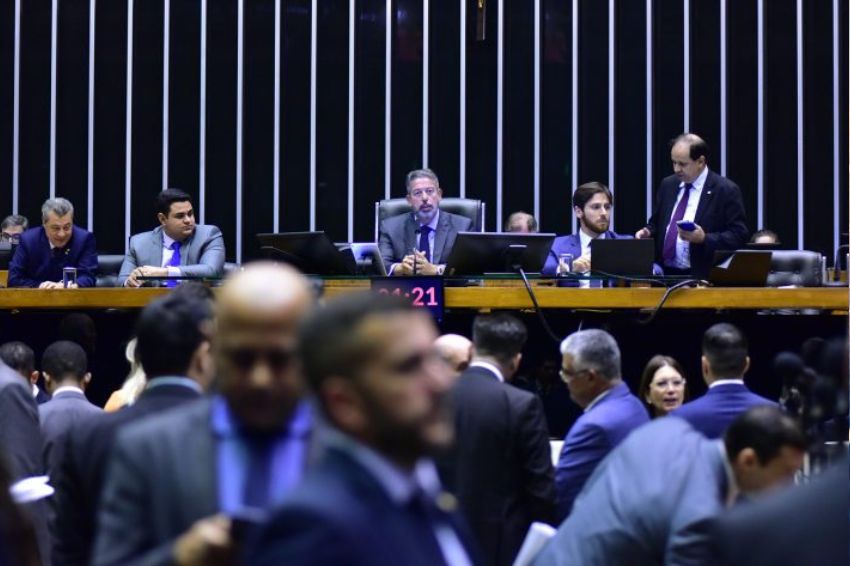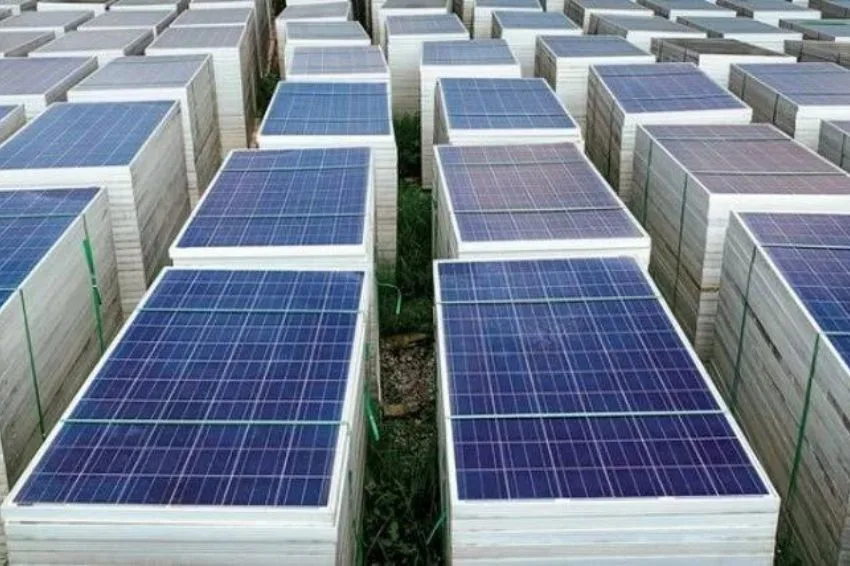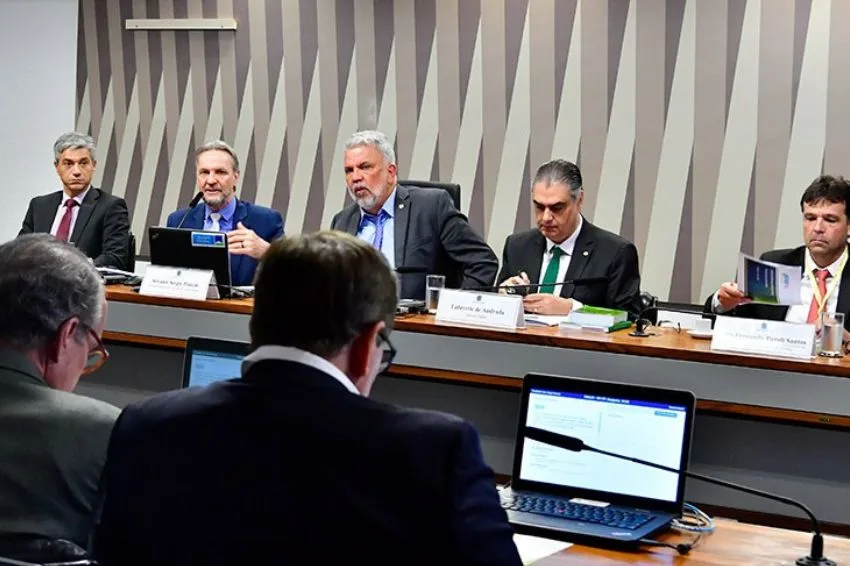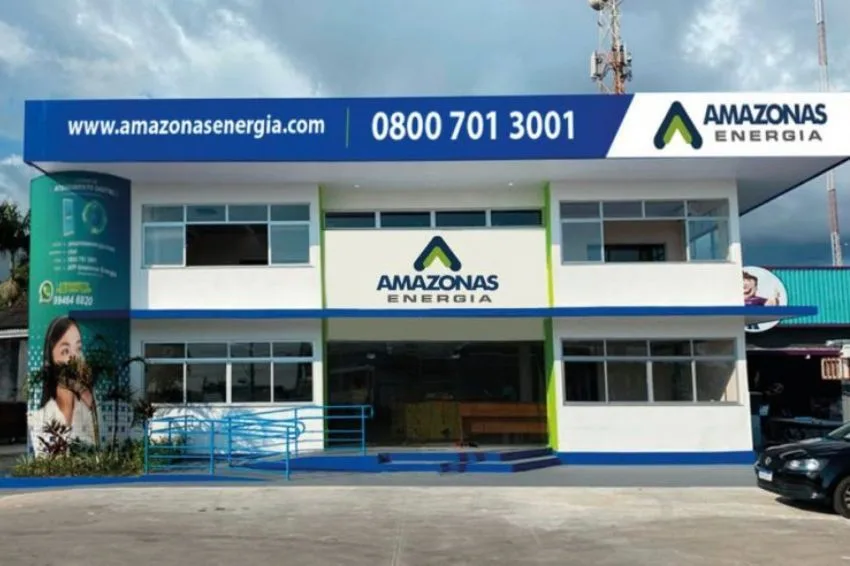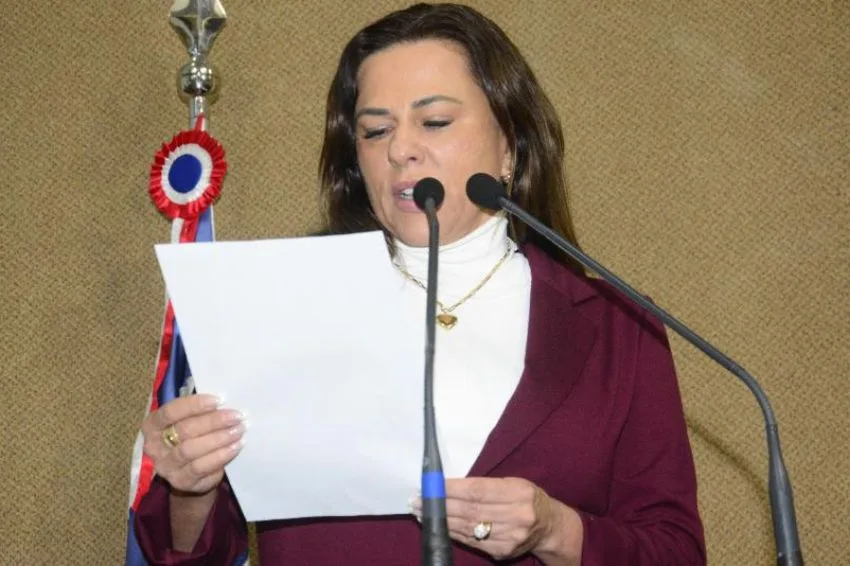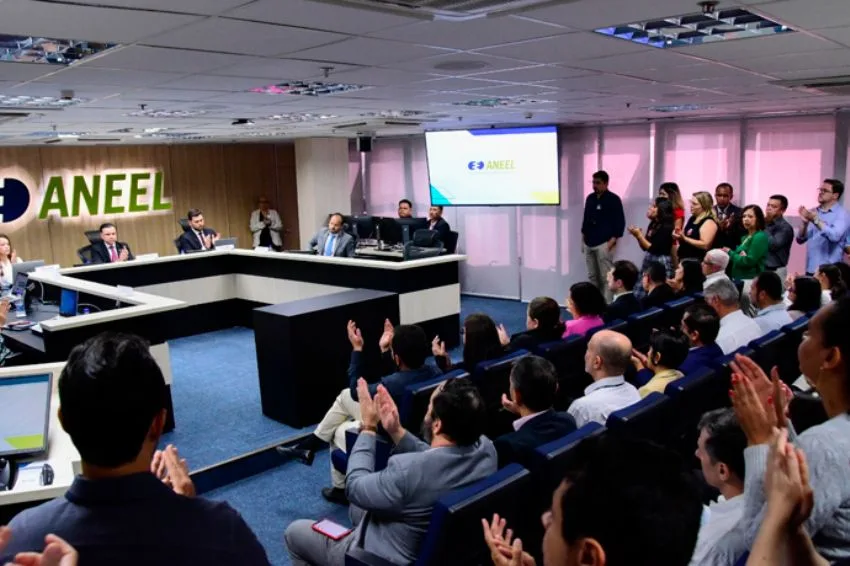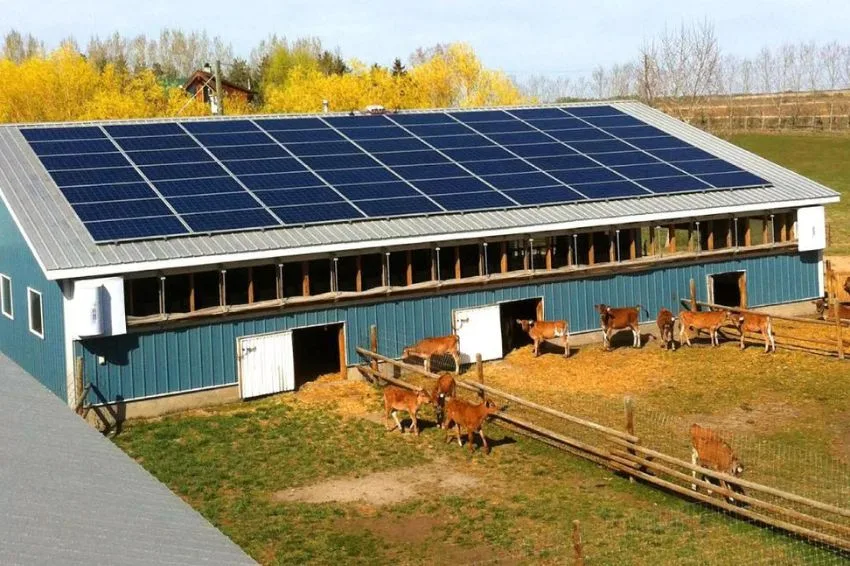A Chamber of Deputies approved, on Thursday night (21), the bill which regulates the carbon market in Brazil.
O text creates the SBCE (Brazilian Greenhouse Gas Emissions Trading System), which establishes emissions caps of CO2 and a securities sales market.
The text is part of the green agenda approved this year, which includes the exploration of wind energy at sea (PL 11.247/18) and the production of green hydrogen (PL 2,308/23).
O reporter from PL, deputy Aliel Machado (PV-PR), proposed a document that combines projects discussed in the Chamber with a proposal already approved by the Senate (PL 412/22). O project now returns to the Senate to analyze the changes made by deputies.
Limits and compensation
The idea of the project is to create a limit on greenhouse gas emissions for companies. Those that pollute the most must offset their emissions by purchasing bonds. Those that have not reached the limit will gain shares to be sold on the market.
Machado explained that the project is inspired by international experiences. In this model, more environmentally efficient companies will have an extra source of resources with bonds.
The most polluting agent, which exceeded its emissions limit, will have a new source of expenses with the need to purchase compensatory bonds. “The result of this is a competitive advantage for those who contributed the most to the environment”, said the deputy ..
The parliamentarian also highlighted that Brazil is currently one of the largest emitters of greenhouse gases: around 2 billion tons of carbon dioxide per year. The objective of the proposal, therefore, is to create incentives to curb companies' emissions and climate impacts.
“We have created mechanisms to encourage, guide and assist economic agents to conduct themselves in a manner consistent with this global need, by inhibiting greenhouse gas emissions in production processes or, when it is not possible to inhibit new emissions, by compensating” , he explained.
In the last phase of negotiations, Machado responded to requests from the Agricultural Parliamentary Front to exclude agribusiness sectors, such as the production of agricultural inputs or raw materials (fertilizers, for example), from regulation.
During the Plenary discussion, the provision for environmental compensation for gas emissions from motor vehicles was included, with the purchase of carbon credits by vehicle owners. It will be up to the transit agencies of the states and the Federal District to regulate the rule.
Title generation
They may generate credits, among other actions:
- The restoration, maintenance and conservation of permanent preservation areas (APPs), legal reserves or restricted use and conservation units;
- Units of integral conservation or sustainable use with a management plan; the agrarian reform settlement projects.
- Indigenous peoples and traditional communities will be allowed to enter the market through associations.
Regulated market
The proposal establishes a regulated market for compensation titles and the generation of credits for greenhouse gas emissions. This market will be linked to the Brazilian Greenhouse Gas Emissions Trading System, which will be developed in five phases over six years.
The system negotiates Brazilian emission quotas and CRVEs (verified emission reduction or removal certificates). Each quota or CRVE will represent one ton of tC02e (carbon dioxide equivalent). Thus, each reduction or removal certificate allows you to cancel a gas emission quota.
The idea is that, after a period of adaptation, economic activities that have the most difficulty in reducing emissions through technological processes purchase polluting quotas and certificates that attest to the capture of what was released into the atmosphere, bringing net emissions to zero.
Who will be regulated?
Activities that emit more than 10 thousand tons of carbon dioxide equivalent per year will have some type of control.
Companies with emissions between 10 thousand tons of CO2 and 25 thousand tons of CO2 and must submit to the SBCE management body an emissions monitoring plan, send an annual report on gas emissions and removals and meet other obligations set out in decree or act specific to this management body.
Activities with emissions above 25 thousand tons of CO2 per year will also have the obligation to send an annual report on the periodic reconciliation of obligations to the managing body.
These emission levels may be increased taking into account the cost-effectiveness of regulation and compliance with the commitments assumed by Brazil before the United Nations Framework Convention on Climate Change (IPCC).
Governance and transparency
According to the proposal, the SBCE will have a management body, a deliberative body and a permanent advisory committee.
The project requires a public consultation on proposed standards and technical parameters on procedures for measuring, reporting and verifying emissions; on periodic reconciliation of obligations; and on the national emission quota allocation plan.
The text also directs SBCE resources to Fungetur (General Tourism Fund) to apply to sustainable tourism activities; and for a private fund to be created by BNDES (National Bank for Economic and Social Development) to finance research linked to decarbonization technology.
Voluntary market
The proposal also applies to carbon credits, sold outside the regulated market, rules created for CRVEs.
Thus, carbon credits may be generated by preservation and reforestation projects or programs or other methods of capturing greenhouse gases. Income obtained from them will be taxed under the same rules as certificates.
The conversion of current credits into CRVE, however, will only be authorized upon proof of effective carbon reduction or removal according to an accredited methodology. They must also be registered in the SBCE central registry.
When voluntary emissions compensation occurs, that is, outside the SBCE regulated environment, the certificate used must be canceled in the central registry.
With information from Câmara de Notícias Agency.
All content on Canal Solar is protected by copyright law, and partial or total reproduction of this site in any medium is expressly prohibited. If you are interested in collaborating or reusing part of our material, we ask that you contact us via email: [email protected].


